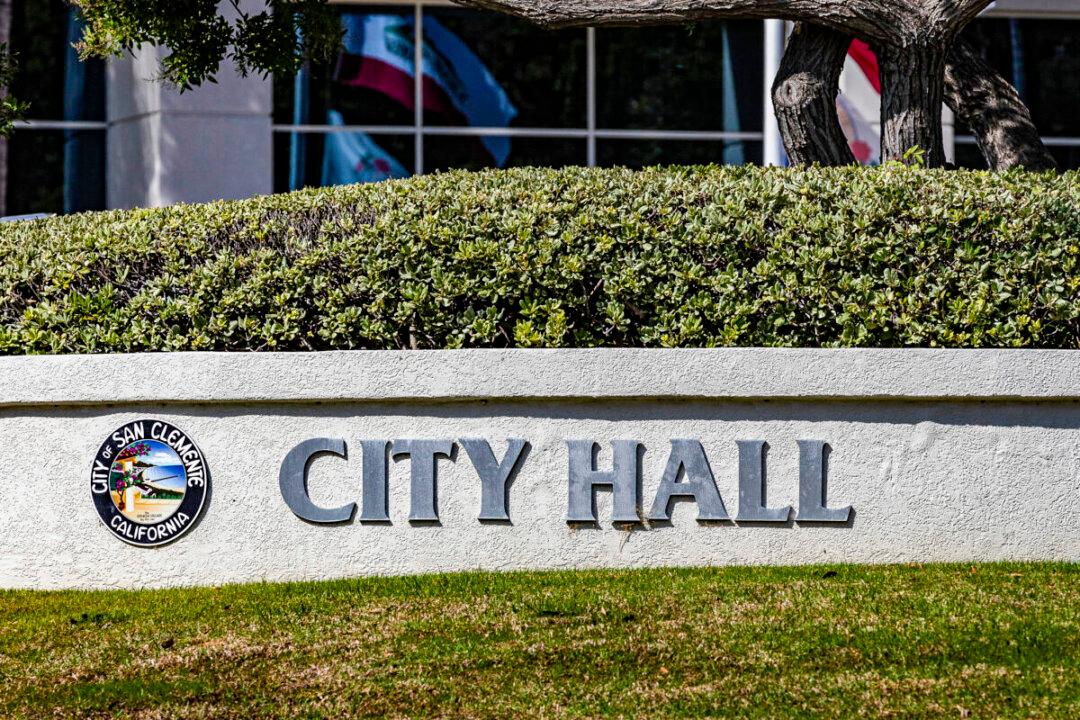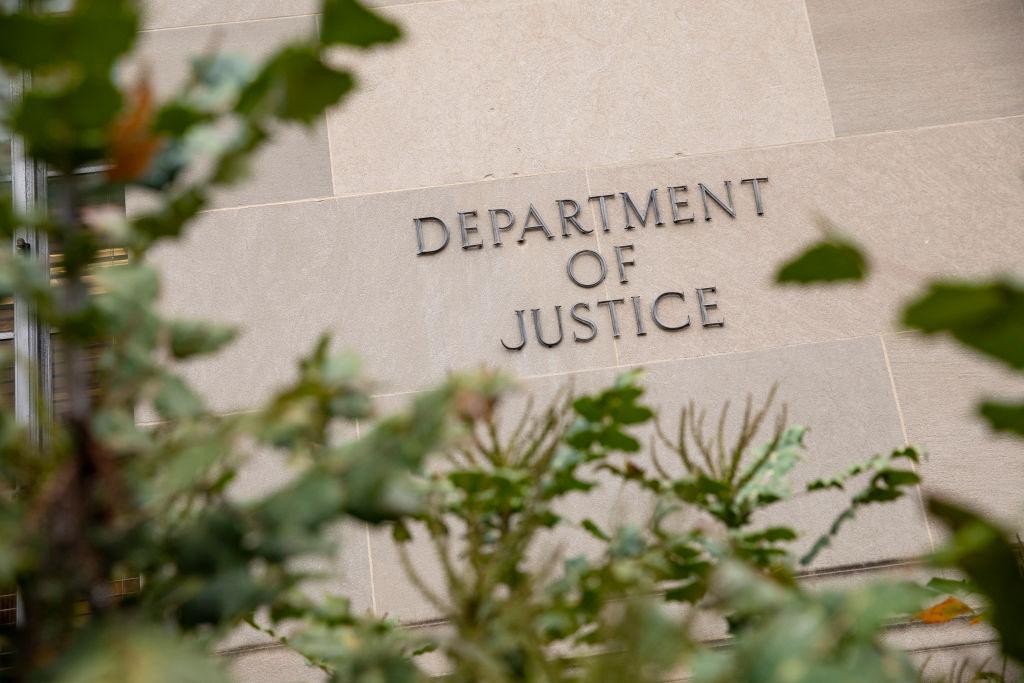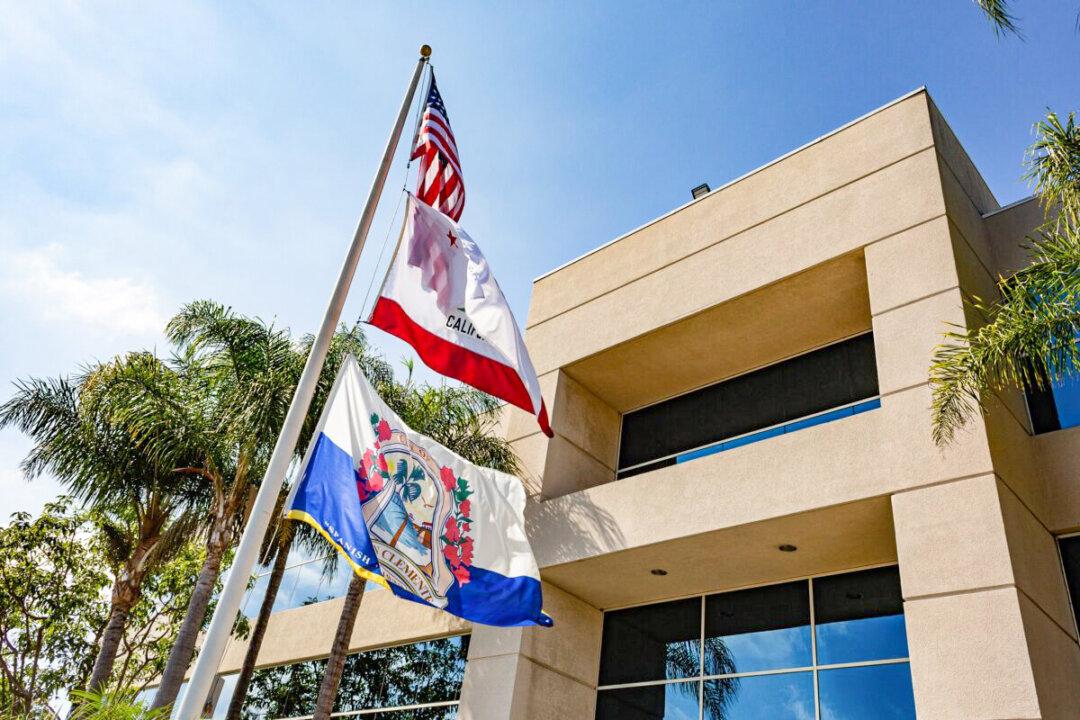SAN CLEMENTE, Calif.—The San Clemente City Council unanimously voted May 25 to bring greater campaign finance transparency to the city’s website, providing easy access to public notices and tax documents, all while capping donations for councilors up to $500.
Mayor Gene James compared what he called the “cesspool” of campaign money and “dark money” in Washington, D.C., and Sacramento with recent issues closer to home in Orange County—citing the recent uncovering of a now-voided deal of the Angel Stadium in Anaheim where, according to a recent affidavit, the former mayor shared confidential information of the stadium sale with representatives of the Angels baseball team with the expectation of receiving a sizeable contribution to his reelection campaign.





